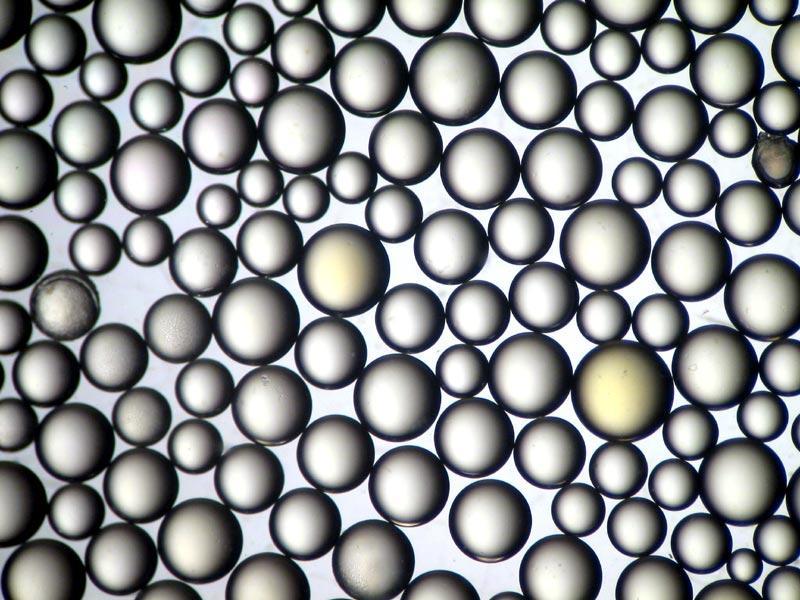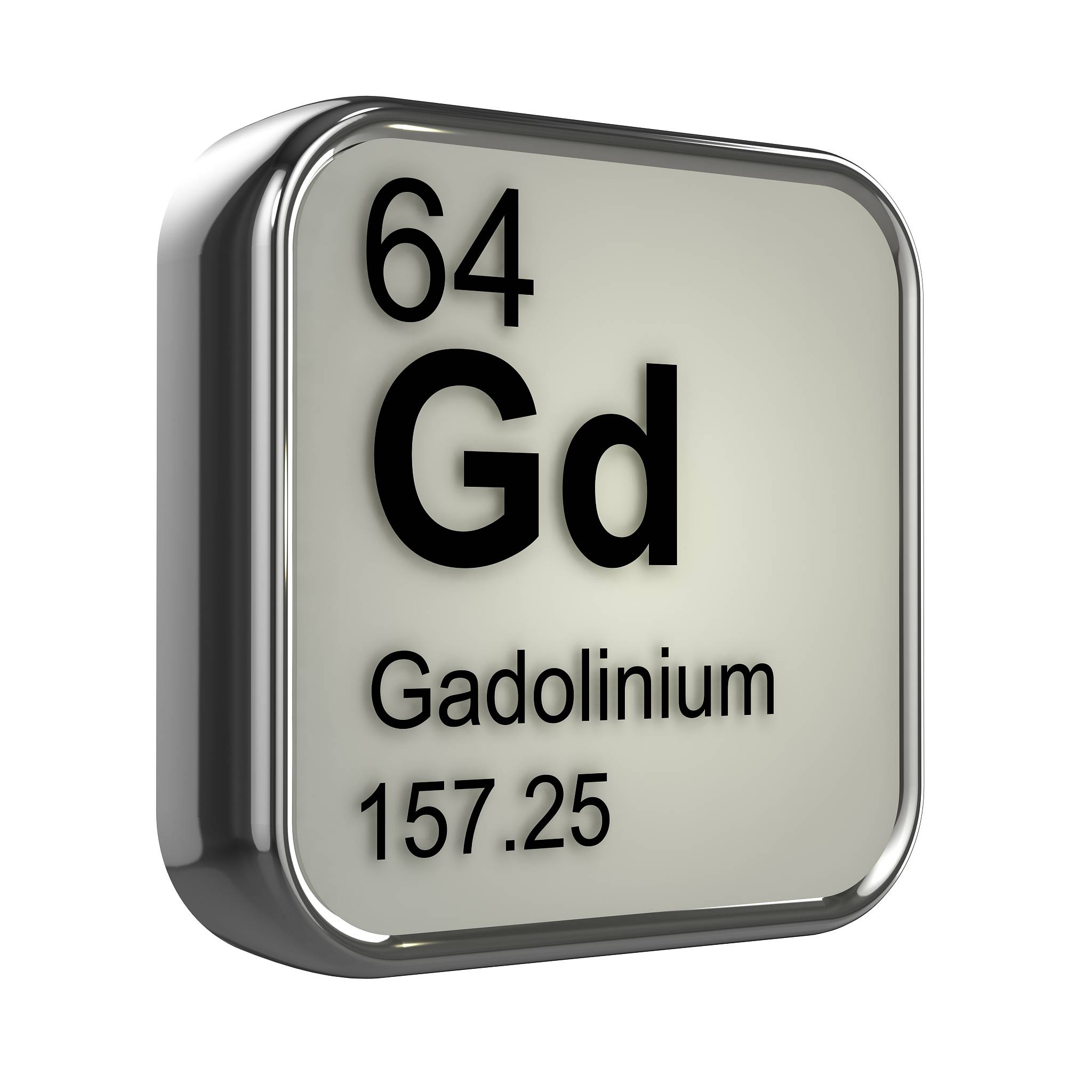-
Basic types of ion exchange resins
(1) Strong acid cation resin This kind of resin contains a large number of strong acidic groups, such as sulfo SO3H, which is easy to dissociate H+in solution, so it is strongly acidic. After the resin is dissociated, the negative group contained in the body, such as SO3 -, can adsorb other cations in the bound solution. These two reactions make the H+in the resin exchange with the cation in the s...
-
What is ion exchange reaction?
Ion exchange resins are cross-linked polymer compounds containing ionizable groups and insoluble in any solvent. Their separation and purification of substances are mainly achieved through ion exchange reaction. Ion exchange reaction usually refers to the ion exchange reaction between ion exchange resin and ions in solution. With different physical and chemical structures or different ionic system...
-
Iron poisoning treatment of ion exchange resin
Ion exchange resin has the advantages of good chemical stability, high mechanical strength, and large exchange capacity, so it has been widely used in the water treatment of power station boilers and industrial boilers, as well as in the production of demineralized water and purified water. However, during the use of the resin, due to the pollution of harmful impurities (such as ferrites, organics...
-
What is the crosslinking degree of ion exchange resin?
Crosslinking degree is one of the important properties of styrene resin. It is the network structure of the framework of ion exchange resin polymerized by various organic materials, expressed in percentage. Crosslinking degree refers to the mass percentage of divinylbenzene (commonly known as "crosslinking agent") contained in styrene resin. That is, if the crosslinking degree=divinylbenzene mass/...
-
How to clean ion exchange resin ?
Before using the ion exchange resin purchased in the market, in order to prevent impurities in the resin from polluting the water quality, the resin needs to be pretreated. The following steps are for pretreatment: 1. First, clean the resin with hot water. The cation resin can be cleaned with 70-80 ℃ hot water. The heat resistance of the anion resin is poor. Generally, 50-60 ℃ hot water is used. T...
-
Common faults of ion exchanger
1. Quartz sand cushion is in disorder. When the quartz sand cushion is selected at the bottom of the exchanger, the quartz sand layer will be caked due to improper backwashing operation or fouling; If the backwash water is flushed out locally, the quartz sand cushion will be disordered. The center of the dome shaped perforated plate under the quartz sand cushion shall not be perforated, so as to p...
-
How to pretreat cation exchange resin?
1. Pretreatment of cation exchange resin: 1.1 After the cation resin is filled, backwash shall be carried out first to ensure 80% backwash expansion rate to remove impurities and fine resin particles until the backwash effluent is clear, colorless, tasteless and foam free. 1.2. Fill 3-4% HCl solution, 4m/h, when the outlet concentration reaches 1.5-2%, stop filling and soak for more than 8 hours, ...
-
How to pretreat anion exchange resin?
2. Pretreatment of anion resin: 2.1 After the anion exchange resin is filled, backwash shall be carried out first to ensure 80% backwashing expansion rate to remove impurities and fine resin particles until the backwashing effluent is clear. 2.2 Feed 2-3% NaOH solution at a flow rate of 4m/h. When the outlet concentration reaches 1.5-2%, stop feeding and soak for more than 8 hours, and then rinse ...
-
Application of ion exchange resin in beverage industry
Ion exchange resins are widely used in the beverage industry for a variety of applications. They can be used to remove hardness ions, such as calcium and magnesium, from water, which can help reduce scaling in equipment and improve the taste of the final product. Special ion exchange resins can also be used to remove impurities such as heavy metals, organic compounds, and other contaminants from w...
-
Application of ion exchange resin in gallium extraction
Ion exchange resin can be used in the extraction of gallium from aqueous solutions. The process involves passing an aqueous solution containing gallium ions through an Gallium extraction resin, which binds to the gallium ions and removes them from the solution. The gallium-loaded resin is then treated with an acid to release the gallium ions, which can then be collected for further processing. Thi...


 English
English

















